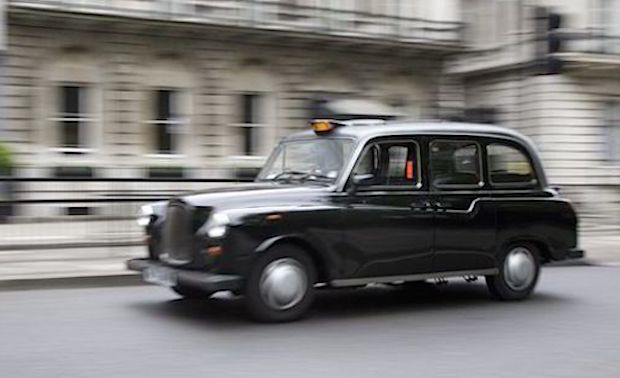GPs are the very personification of the description ‘jack of all trades, master of none’. Following so-called ‘specialist’ training, they emerge as the ultimate generalists, requiring additional input to manage any kind of medical complication, lacking the in-depth knowledge and experience required to manage comprehensively many of the common medical conditions. And they’re a drain on the public purse thanks to their six-figure salaries.
They barely spend more than a few minutes with each patient, don’t usually work nights or weekends and then complain when those patients express dissatisfaction with said service. They are also responsible for a glut of hospital referrals – particularly to cancer services where they divert resources from those that need them to the ‘worried well’, thus driving up waiting lists.
Not content with causing all this trouble, they then take early retirement or emigrate to sunnier climes.
In an age where knowledge is exploding and accessible to all online, with increasing sub- and super-subspecialisation, why do we need to waste resources on pure generalists who will simply refer patients on? Why not save the money wasted on their education and health budgets and remove the middle man, thus giving patients more choice and eradicating an extraneous layer of non-essential medical management?
That got your attention, didn’t it?
The fact of the matter is that, in a publicly funded healthcare system, GPs are akin to the Finder on a Mac or Windows Explorer on a PC. The system can run without them, but in a chaotic, confused and inefficient manner, with patients dashed on the rocks as they struggle to find specialist care for their undiagnosed health problems.
GPs act as gatekeepers to the medical system, a medical sieve, ensuring that patients are referred to an appropriate clinical service. Despite modern PC nonsense that all opinions are equal and valid, there is no substitute for specialist medical knowledge when referring a patient to the correct service.
Chest pain, for example, has approximately 20 common causes, another 30 uncommon causes and can be a manifestation of disease in six different organ systems. Only a GP with a generalist viewpoint can appreciate this and make the relevant referral, saving the system tens of thousand of pounds per patient, avoiding unnecessary investigations, consultation fees, and appointments. Patients cost £136 a year per person at the GP level and can be seen as many times as needed, saving millions a year in consultation fees alone.
A GP ensures that those with worrying but ‘benign’ symptoms (e.g. vague non-specific symptoms in an at-risk population, or those with incontrovertible signs of serious disease) get the fast-track follow-up tests and appointments they need.
GPs can independently treat less serious but life-altering medical and surgical problems. They can also initiate treatment or investigation of more serious pathology and diagnose new-onset disease such as diabetes, starting treatment and referring the patient to a hospital team at the right moment.
GPs are often the first contact a patient has with the medical system, hold all relevant records that a hospital visit may require, and can stop a patient falling through the cracks if they miss an appointment at the hospital. They can often save a patient a long wait in casualty, freeing up emergency services.
In short, GPs are the medical equivalent of a London cabbie. They did not build the city (the health service), but they are experts at navigating around it, knowing what its facilities are and getting you where you need to go as efficiently as possible.
If the medical profession is an army, GPs are its infantry. They may not be the Special Forces, but it is they who take the fight to the enemy and often win the battle – without any of the glamour or public gratitude that the more prestigious ranks receive.
The public views GPs positively. Don’t just take my word for it.
According to the NHS Confederation, almost 90 per cent of those surveyed had favourable ratings of the GP system, with 60 per cent expressing ‘trust and confidence’ in the last GP they saw.
We should appreciate our GPs and ask why the system is letting us down when we can’t access their services. Most are dedicated and work tirelessly, taking the blame for system deficiencies that are not their fault. They do a thankless job heroically.
GPs are a handy scapegoat for politicians and their insincere and uncosted promises come election time. To anyone predicting the demise of the profession I say this: don’t imagine the political classes will ever relinquish their sacrificial lambs.
Disclaimer: I’m not a GP, but some of my best friends are GPs.
Dr Tarek Arab is Assistant Professor of Obstetrics & Gynaecology
at Jeddah University School of Medicine






Comments